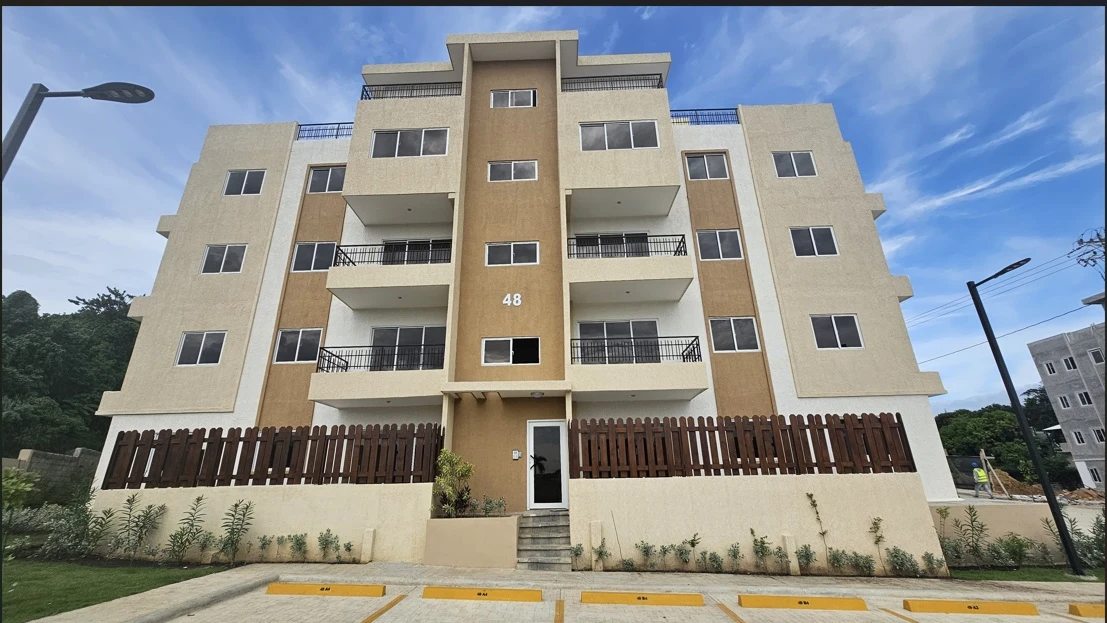Residential Property
Long-term rent
Holiday Rentals
Short-term rent
Commercial Property
Sale
Rent
Find Properties in Dominican Republic for Living, Business, and Travel
Discover the perfect home, apartment, land, or commercial property for sale or rent on Agentiz.com - the leading real estate marketplace in Dominican Republic. Explore a wide selection of property listings from owners, individuals, and agencies. Post your ad for free and quickly connect with interested buyers or tenants. Trust Agentiz as your reliable partner for all your real estate search and sales needs.
